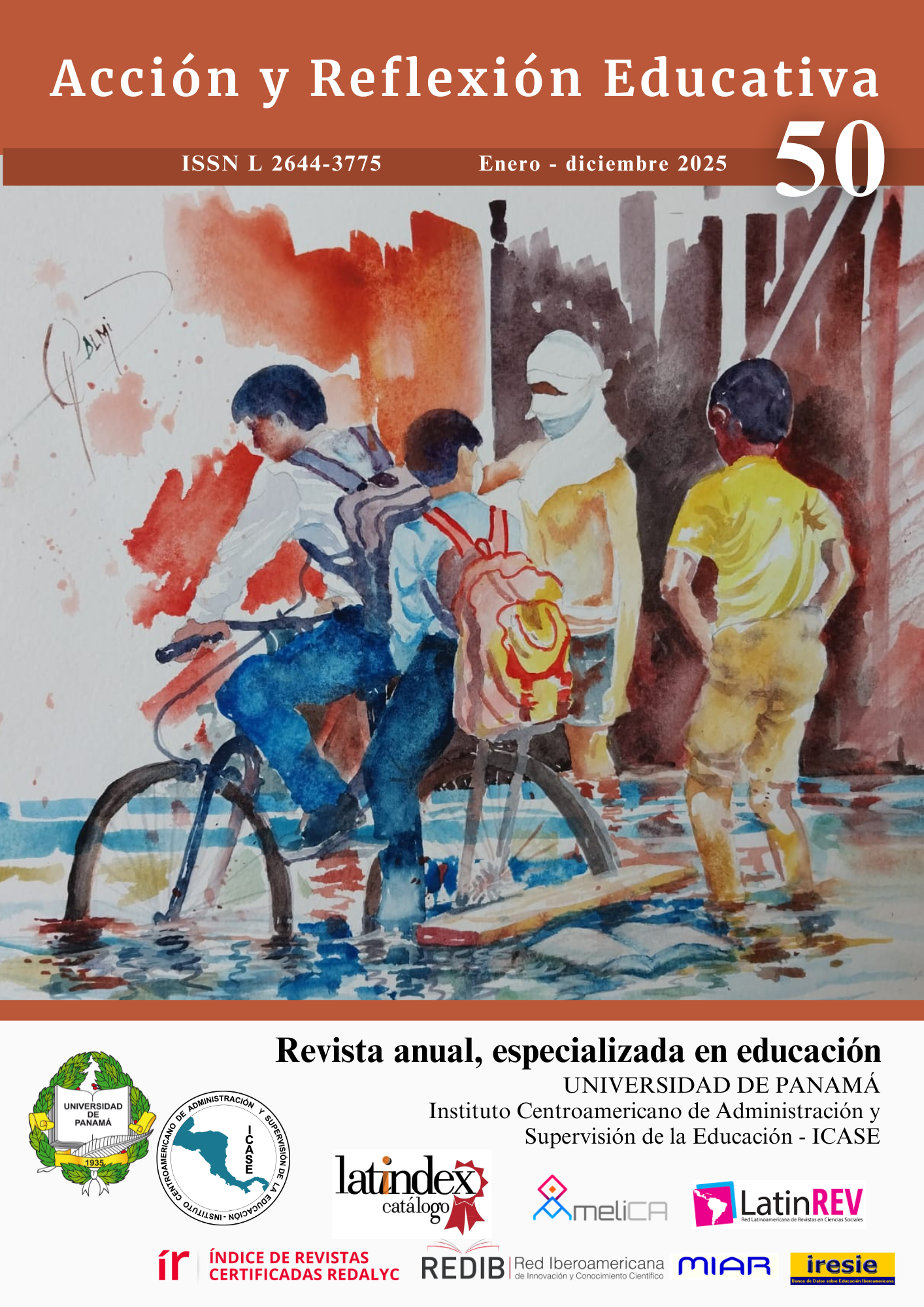

Copyright (c) 2024 Los autores

This work is licensed under a Creative Commons Attribution-NonCommercial-ShareAlike 4.0 International License.
The article reviews and critically analyzes a series of contributions that some conceptual movements based on cultural studies have made to the field of education, focusing on the theoretical and methodological consequences for the study of the regulations of teaching work. To do so, the paper performs a systematic analysis of a set of bibliographical sources of reference in the field of cultural studies in education, reconstructing the main theoretical categories that they deploy. The text focuses on the ways in which the open nature of the hegemonic, the complexity and heterogeneity of the processes linked to culture, and the active role posed in relation to the subjects, suppose destabilizations that interrupted the certainties of structural perspectives, while opening questions that would later be taken up by post structural approaches in the educational field. The text also analyses a series of contributions that perspectives framed in the field of cultural history have made to understand teaching work as part of the disputes around the ways of knowing and interpreting the processes of schooling. The analysis makes it possible to highlight the destabilizing role of cultural studies in relation to the construction of pedagogical approaches to teaching work, offering an overview of the main theoretical and epistemological effects of these movements.
You may also start an advanced similarity search for this article.